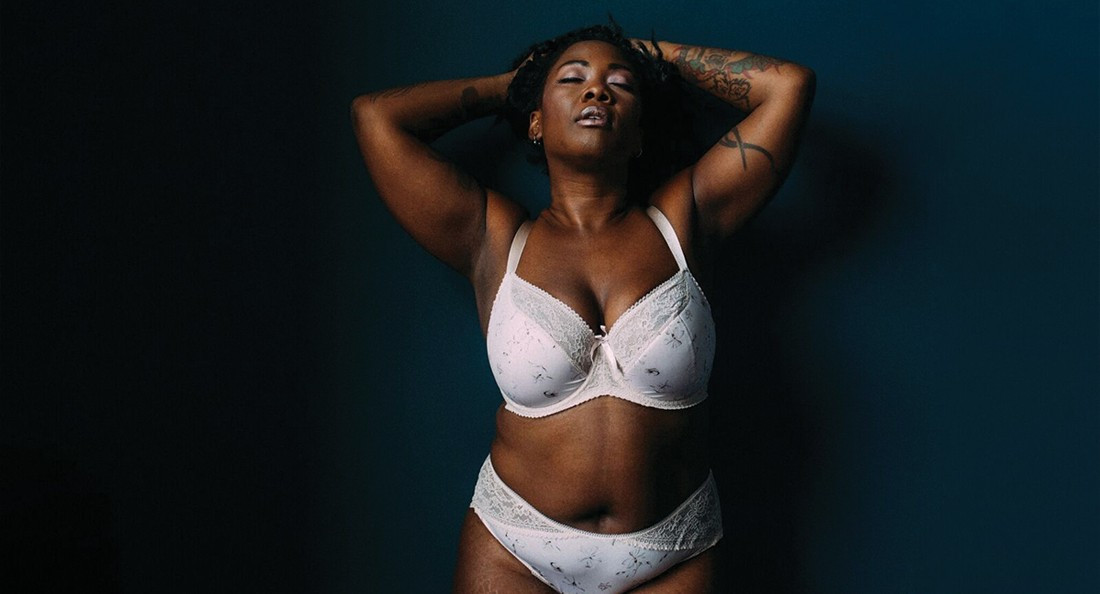Embodying truth in photography
Winnipeg entrepreneurs support body positivity
Winnipeg boudoir photographer Teri Hofford and local business owner JT believe that a greater variance of images in media would lead to a positive shift in perceptions of what women actually look like. They promote this concept through their work.
Hofford collaborated with JT to photograph the models for Polka Dot Bra, a company that “supports the body positive movement” via their advertising of European Lingerie. She initially edited the pictures in her usual style. However, JT wanted the models to be Photoshop-free.
By allowing stretch marks, cellulite, wrinkles, uneven skin tone, things that can be airbrushed away, JT believes it will help women with their own body image issues.
“I wanted to be realistic … I don't want to sell dreams,” JT says. “There are no filters whatsoever.”
“I personally do not see anything wrong with getting rid of a pimple here and there, but when a person’s body is completely altered, I don’t see how it’s doing any good for anyone,” Solange Reis, a Winnipeg fashion blogger, says.
Reis believes there have been positive changes in advertising.
“In the body-positive messaging, I feel like the industry has started to listen to their customers, who are more than likely not the size of the model in the picture,” she says. Yet, Reis and Hofford both express that even the plus-sized models in mainstream media have specific shapes that are hourglass and thus leave out women that gain weight in their tummies.
Reis points to Ebonee Davis, who explains in her Ted Talk that she was told to chemically straighten her curly hair to fit a narrow definition of beauty. Davis chose to keep her hair natural despite criticisms and speaks on this issue, hoping to reach out and positively influence other People of Colour to be proud of their natural beauty and not feel that they need to change in order to have self-worth.
Dr. Michelle Owen, professor of sociology and equity studies and the co-ordinator of disability studies at the University of Winnipeg, expresses another major gap in representations.
“What about disabled bodies, which are not ever considered traditionally beautiful?” she says.
Owen gives the example of the former Dove Campaign for Real Beauty. According to Owen, a number of disabled women have written to Dove asking for the company to include representation of disabled bodies.
To create more body-positive spaces, Hofford has built a community of strong women with her Facebook group Babes Against Bullsh*t (formerly VIP Boudy Babes).
“I wanted it to be a safe, non-judgmental space on the internet,” Hofford says. “That way, people could know they are not alone in certain things, that there's other women that have their back.”
Hofford, as admin, approves each person that is added to the group and monitors that the space is kept respectful. Women post asking for advice with various issues regarding body image or life situations, and group members provide support and encourage each other.
“It was about community,” Hofford says. “Women lifting up women.”
Published in Volume 72, Number 11 of The Uniter (November 23, 2017)








